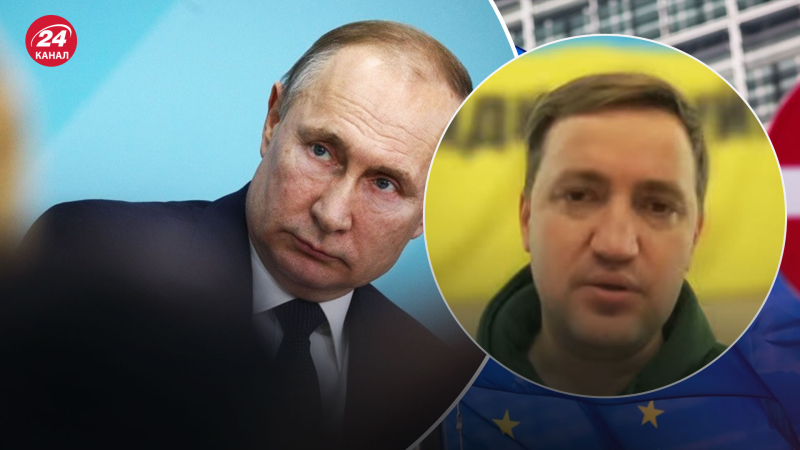
The European Union is imposing more and more sanctions against Russia. However, the adoption of sanctions packages in general is a complex process, because many points must be taken into account.
Alexander Solontai, director of practical policy programs at the Institute of Political Education, said this on Channel 24. He noted that now the Europeans continue to look for loopholes from previous sanctions packages.
Why the EU is delaying sanctions against Russia
Solontai noted that the problem in the adoption of sanctions is that the moment when certain resources are blocked from the territory of Russia, the Europeans still do not have ready-made decisions on what to do next.
This is a much bigger problem. What to do with the shortage of this raw material. What to do with what is happening then with parts, components. What to do with what is being done with the whole place where this or that resource is used, – the political scientist noted.
After all, according to him, the same Russian diamonds, the complete ban of which the EU is now considering, are part of the necessary resource for the industry. And there were problems with many other details due to the sanctions regime.
That's why these processes are so slow. But in fact, such an appeal exists, and there really is a chance that it will be possible in one of the following packages,” Solontai explained. . That is, it is not only about the sanctions themselves, but also about the rules for the adoption of these sanctions.
Why the EU is slowly taking sanctions against Russia and what to expect: watch the video said that in the matter of introducing further sanctions packages against Russia, the European Union went into different sectors. The Europeans continue to look for loopholes in previous sanctions packages.
After all, more than half a dozen sanctions packages have already been adopted. That is, many sanctions seem to have been introduced, and then in practice they turn out to be full of holes. Either a bypass works there, or a mechanism exists there, – he said.
A similar situation, according to the political scientist, has developed with respect to energy, coal, and the transit of goods. Therefore, the new sanctions for the most part will move around ensuring that the packages that were previously adopted were achieved.
But on the issue of soreness, we return to the fact that all this is “in the long run.” Because each package of sanctions is just minus a billion or 2 billion, some part of the money in the Russian budget,” Solontai noted.
And the Russians, he added, in general, the stock is still quite large. Putin has such large reserves that all this only works “in the long run”. “In the short term” there are only military actions for us.
Sanctions against Russia: what is known
- EU member states are preparing a new package of sanctions against Russia. However, some countries are pushing for even tougher measures. An eighth package of sanctions is needed in response to Russia's latest decisions.
- The new EU sanctions package against Russia is likely to have no cap on oil prices. At the same time, according to Radio Liberty correspondent Rikard Jozwiak, there will be sanctions against chemicals, machinery, steel products.
- Hungarian Foreign Minister Peter Szijjártó at that time met in New York with his Russian counterpart Sergei Lavrov. He told him that he did not support the new package of EU sanctions against Russia.

